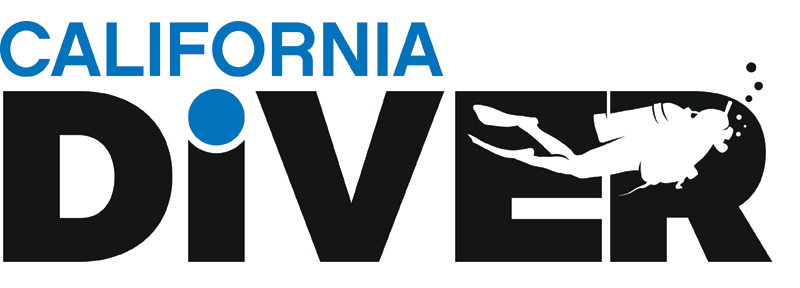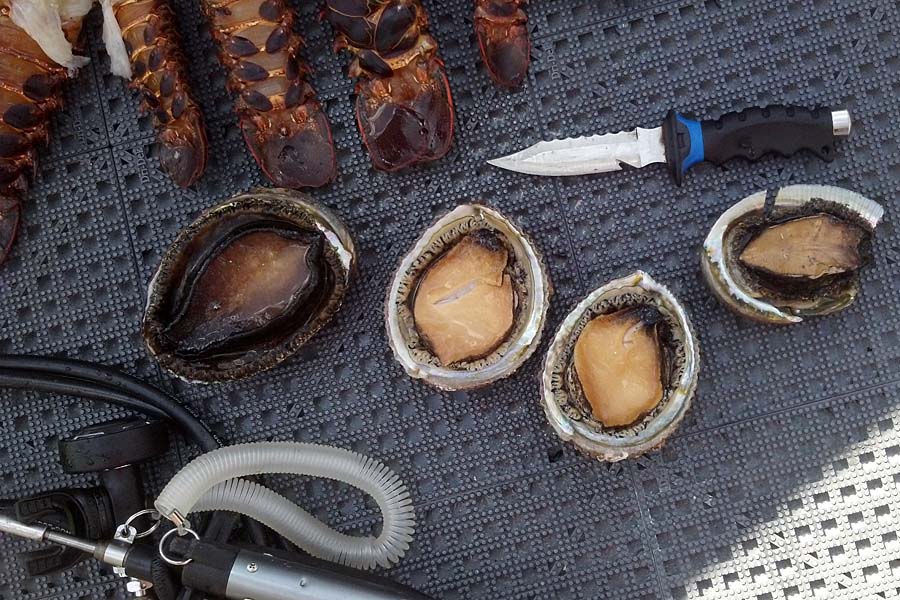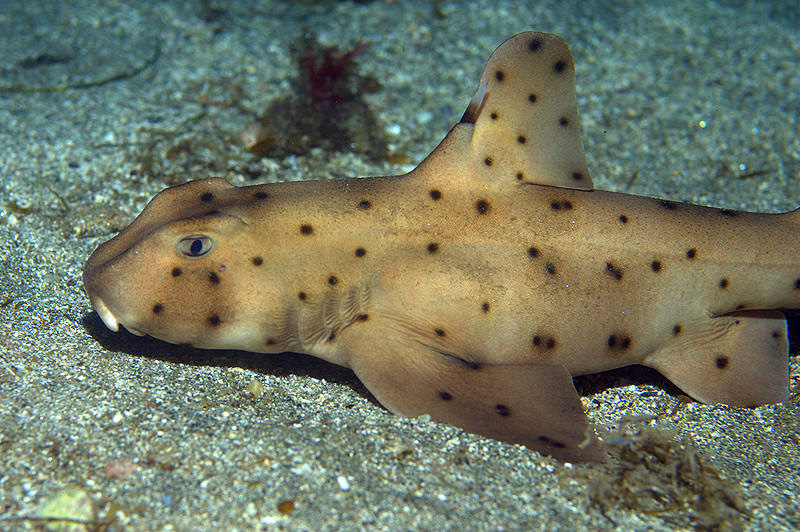The California Department of Fish and Wildlife (CDFW) has noted an apparent increase in abalone poaching in Southern California waters. Potential abalone poachers and the general public should be aware wardens are on the lookout, and penalties for illegally taking abalone can be stiff.
Two Southern California men recently pleaded no contest to misdemeanor Fish and Game Code violations in Los Angeles Superior Court. They were each ordered to:
• Serve three years’ probation;
• Pay a $2,405 fine;
• Pay an additional $1,000 fine to the Department of Fish and Wildlife to be used to implement wildlife preservation policies;
• Successfully complete a 3- to 5-unit marine biology course at a local college;
• Serve 40 hours of community service, and
• Forfeit diving and fishing gear.
Wade Anthony Curtatola of Rancho Cucamonga was diving off Catalina Island on Sept. 29, 2012, the opening day of lobster season. With no other boats in the area, a warden went into the water near where Curtatola surfaced behind a boat in 30 feet of water and found a spear gun and game bag filled with a horn shark, four abalone and 13 lobster tails. Samples of genetic materials taken from Curtatola’s equipment matched the species found in the dive bag. Curtatola pleaded to misdemeanor counts of taking abalone in a closed area, over-limit of lobster and possession of tailed lobster.
“All it takes is one drop of blood, or a few cells from an animal to make positive identifications of illegally taken species,” said Lt. Eric Kord, CDFW Law Enforcement. “CDFW and our partners are using the latest tools and technology to help protect California’s resources.”
Bruce Allen Boyd of Oceanside was fishing off Catalina Island the same day, Sept. 29, when wildlife officers boarded his boat for an inspection. Wildlife officers found a dive bag with a large abalone concealed in a trash can. The abalone was photographed and returned to the ocean. Boyd was charged with one violation and pleaded to a misdemeanor count of taking abalone in a closed area.
It has been illegal to take abalone since 1997 in the southern half of the state (San Francisco Bay south to Mexican border) due to over fishing, disease and sea otter predation.
“We have seen a pretty sharp rise in abalone poaching here in Southern California over the last 18 months or so,” said Kord. “Most anglers are responsible fishermen and know the laws; the enforcement is to protect resources from the rest.”
Illegally taking abalone has some of the highest penalties in the Fish and Game Code, and can include of up to a year in jail, fines in the thousands of dollars, permanent loss of fishing licenses and confiscation of fishing and diving gear.


